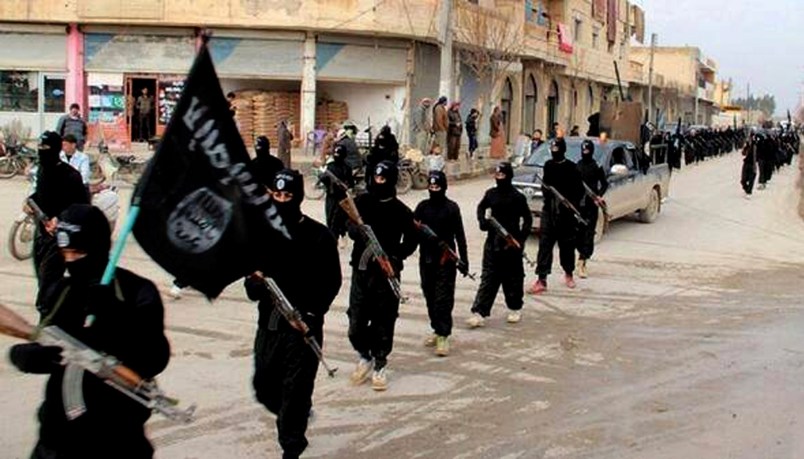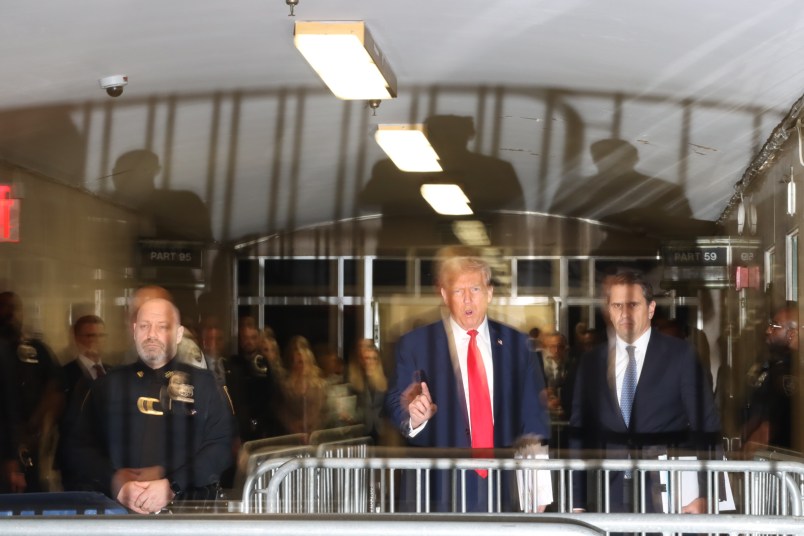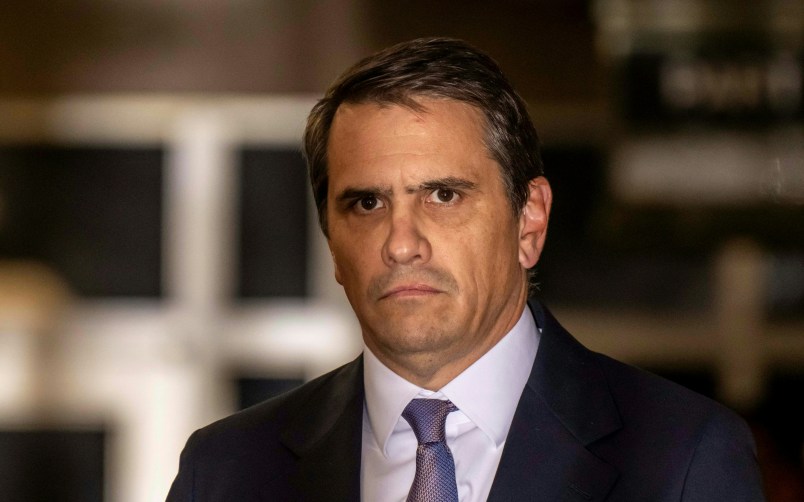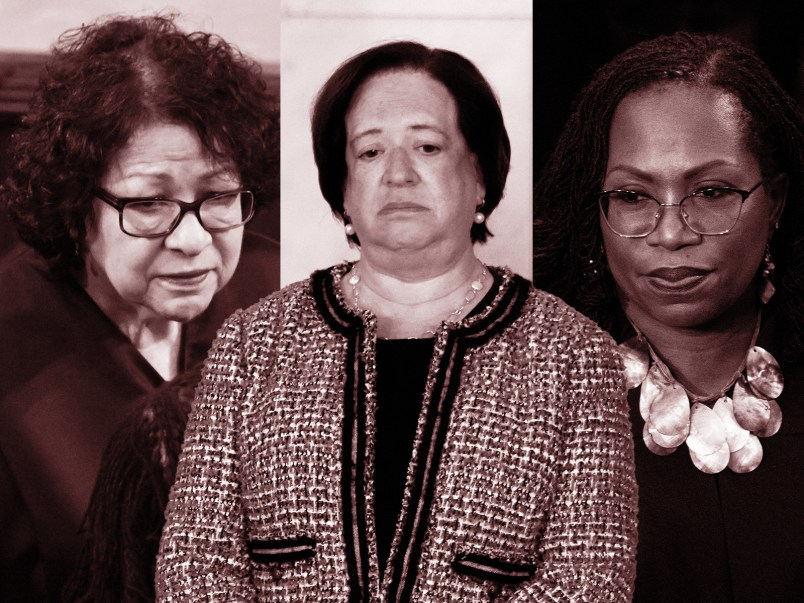BEIRUT (AP) — Across the broad swath of territory they control bridging Syria and Iraq, extremist militants from the group known as the Islamic State have proven to be highly organized administrators. Flush with cash, they fix roads, police traffic, administer courts, and have even set up an export system of smuggled crude from oil fields they have seized.
But the extremists — a mix of Iraqis and Syrians but also foreign fighters from Arab countries and non-Arab regions like the Caucasus — run the risk of provoking a backlash from the people they have come to rule.
Unlike Lebanon’s Hezbollah or the Palestinian militant group Hamas, which have deep roots in their communities, the Islamic State group is not a grassroots movement and its sway over its populations is ultimately based on violence, not necessarily a groundswell of support for its vision of a hard-line Islamic caliphate. While it has been welcomed by some disenfranchised Iraqi Sunnis as potential saviors from the Shiite-dominated government in Baghdad, many consider the group an alien entity.
In recognition of that, the group has varied the imposition of the radical version of Islamic law they advocate. In their main stronghold in Syria, the city of Raqqa, they have unleashed it without reserve, killing perceived offenders and cutting off the hands of thieves in public.
But in Iraq’s second largest city, Mosul, they have been more cautious. They’ve taken some steps like banning alcohol and painting over street advertisements that show women’s faces — but have held off on strict punishments.
The Iraqi city of Duluiyah is a prime example of the possibility for overreach.
Weeks ago, a small group of Islamic State fighters and other insurgents entered the Sunni-majority city just north of Baghdad and were welcomed by residents, said one resident, Jassim Mohammed. But within days, the Islamic State fighters came with lists of “wanted” men, including police officers and local businessmen.
That prompted an uprising by residents who forced the militants out, leaving the town under control of Sunni tribesmen, Mohammed said.
On Sunday, Islamic State fighters stormed back into Duluiyah, seizing the mayor’s office, police station, local council and courthouse.
There has also been less dramatic pushback. In Mosul, the militants offered three local figures the post of governor of Ninevah— the province of which Mosul is the capital — and each refused, said Laith, a civil servant in the city who asked to be identified only by his first name for his own safety.
“People are worried that the (Iraqi) government might come back and that they would be punished for dealing with the Islamic State,” he said.
The leader of the Islamic State group appears to recognize that over the long-term his fighters are not governors. In an address after the June 9 fall of Mosul, Abu Bakr al-Baghdadi appealed to Muslims around the world with practical skills — scholars, judges, doctors, engineers and administrators — to flock to the regions his group controls to help build the state.
Over the past month, the group has consolidated its hold over an impressive stretch of territory, roughly 700 kilometers (435 miles) from end to end. From its western-most end on the outskirts of the Syrian city of Aleppo, it stretches across northern Syria and most of the east then bridges into most Sunni-dominated areas of northern and western Iraq up to the edges of Baghdad.
Among the first moves it took in parts of Syria that it captured were to set up various Islamic administrative departments staffed by its fighters and sympathizers: Islamic courts to settle disputes; “Hisba” offices, which enforce Shariah rules; and “Daawa” offices for proselytizing and spreading its ideology.
The showcase of the extremist group’s vision is Raqqa, a city of 500,000 in northern Syria along the Euphrates River. There, the militants have banned music and smoking and forced women to cover up. They have killed violators of Shariah in the main square, including by beheadings, and have hung the bodies of some on crosses. An activist group in Syria on Friday reported that a Syrian woman was stoned to death for adultery for the first time. The report could not be independently confirmed.
A photo posted online by the group this week showed fighters in the eastern Syrian region of Hassakeh punishing residents who broke the Ramadan fast: The men knelt on the ground as fighters stood behind them with canes to lash them.
Another priority has been to provide services. In Raqqa, the group pays wages to city employees, has rebuilt damaged power lines and has kept up water and electricity services. During the holy month of Ramadan, it has distributed food and other aid to residents in Raqqa, Iraq’s Mosul and other areas.
Photos posted by the group on Twitter show men in the long beards and white robes favored by hard-liners sitting behind a desk in a Raqqa mosque passing out cash to the poor. The men even have printed applications for the aid emblazoned with the group’s logo and the title “Islamic State, Raqqa Province, Alms Administration.” The photos correspond with Associated Press reporting from activists in the area.
Immediately after taking over Mosul, the Islamic State group had power lines fixed, ensuring electricity for up to 18 hours a day until government forces blew up some towers, said Laith. Most state employees in Mosul have not been paid, but militants have promised to do so. Residents’ biggest complaint has been severe fuel shortages since the takeover, Laith said.
More recently, the group has begun seizing the houses of Christian and Shiite families who fled Mosul and giving some of them to Sunni families uprooted from areas like Tikrit and Diyala. They mark these houses with signs reading Islamic State Properties. A resident of a north Mosul neighborhood said three masked gunmen knocked on his door Wednesday, asking whether he knew of any Christian or Shiite homes in the area. The resident spoke on condition of anonymity out of fear of reprisals.
A Christian woman in Mosul said that on Thursday afternoon, militants called on Christians through loudspeakers to convert to Islam, pay tax or face death by sword and gave a Saturday afternoon deadline. The woman who identified herself as Um Karam said she left Mosul with her family Friday to stay with relatives in a nearby Christian town protected by Kurdish security forces.
The patriarch of Iraq’s Chaldean Catholic Church, Louis Sako, criticized the conditions imposed on Christians in Mosul. He also urged the militants to reconsider the move, and to “respect innocent people from all religions, sects and ethnic groups.”
The Islamic State group has no shortage of resources. It seized money from Iraqi banks estimated in the tens of millions of dollars. It has captured almost all the major oil and gas fields of eastern Syria, including the al-Omar oil field, Syria’s largest, with a capacity to produce 75,000 barrels a day. According to several activists in the region, the group has resumed some pumping and has secured revenue by selling crude oil to merchants at lower-than-market prices and exporting to Iraq and Turkey through middlemen with tanker trucks.
On Thursday, the group seized a gas field in central Syria, killing 100 soldiers, guards and workers in a massive operation targeting the facility, activists said Friday.
In Raqqa and other parts of Syria, the group also takes a cut of all humanitarian aid and commerce.
“Any trade outside the framework of the Islamic State is forbidden. Buying, selling, everything must be through the State,” said an opposition activist in Raqqa who asked not to be identified out of fear for his safety.
The militants have held off on imposing strict Shariah rules in Mosul, a city of 2 million, four times the size of Raqqa. After capturing Mosul, the group put out a statement listing new rules. So far no severe punishments have been dealt out, and a smoking ban has not been rigidly enforced.
If Raqqa is a guide, however, the harsher implementation may come — a move that could bring a backlash. The activist in Raqqa said the group wants to function like a state, but ultimately all it has is money and weapons.
“It is impossible to continue like this,” he said, “because the people hate them.”









